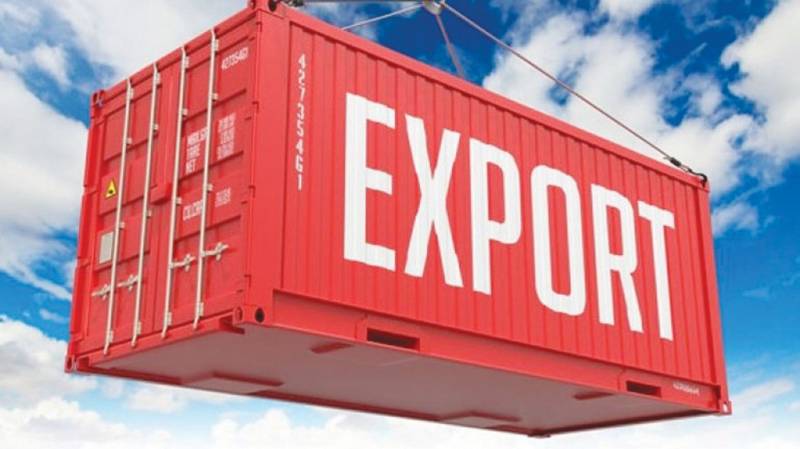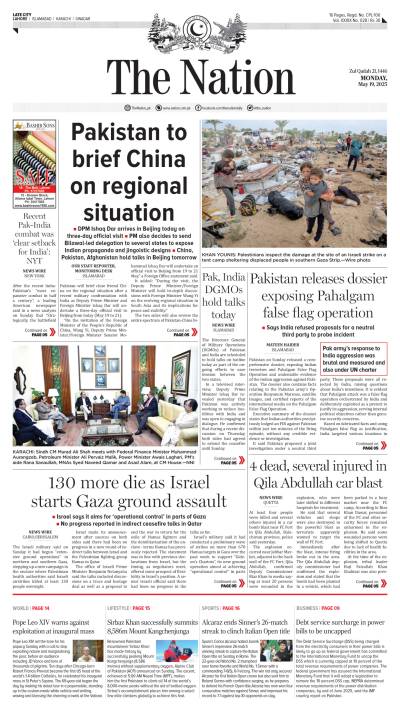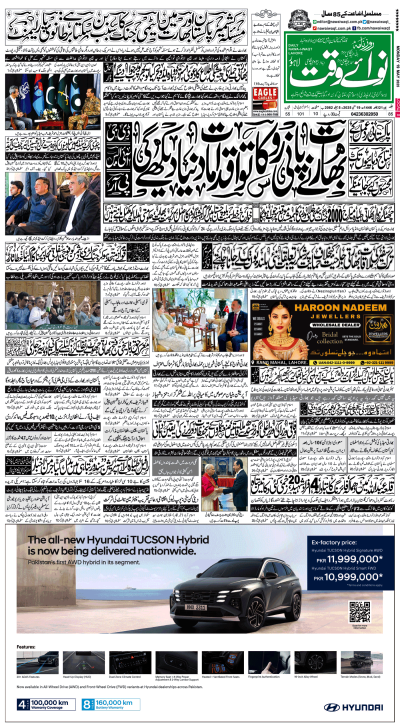ISLAMABAD - Federal Minister for Commerce Jam Kamal Khan has said that the government is implementing comprehensive economic policies to take the country’s exports to $60 billion through tariff rationalisation. wnt role in economic governance, and it is planned to take country’s exports to $60 billion in the next five years through short, medium and long term economic and trade policies goals, Federal Minister for Commerce told a news wire in an exclusive interview here Sunday.
The commerce minister said that tariffs have a pivotal role for promoting trade liberalization, for which, on the instructions of Prime Minister, Muhammad Shehbaz Sharif, the government has formulated a comprehensive tariff policy, which will increase the volume of domestic trade and give Pakistan an opportunity to enter new markets. Jam Kamal said that the government has planned to increase domestic exports up to $60 billion in the next five years and Prime Minister, Muhammad Shahbaz Sharif is giving policy guidelines in this regard. Replying to a question on free trade agreements (FTAs) with different countries, he said that the government is working on trade diversification at the item level to introduce the new commodities in the international market for expanding the country’s trade basket and giving an option to liberalize the country’s trade with these economies. The minister said that Pakistan has finalized FTAs with China, Malaysia and Sri Lanka, and similarly, FTAs with Turkey, Thailand and Iran are still in the negotiation stage, in which the role of tariff policy is very important.
He said that Pakistan’s Preferential Trade Agreement (PTA) with Central Asian countries Uzbekistan, Azerbaijan and Indonesia is of great importance in trade with these countries. The minister said that Pakistan prioritized its trade with regional countries, including the Central Asian Republics and also promoted its goods to the non-traditional markets of North and South America. He said that Pakistan supports free trade in global and regional trade and policies are also being formulated in this regard. Replying to a question, he said the current government’s home-grown tariff rationalization policy vision has emerge the country as liberalized and robust economy at the global level, which will not only increase the country’s exports, but also increase the effectiveness of Pakistan’s free trade agreement (FTAs) with various countries and also connect the country’s economy with the Global Supply Value Chain (GSVG). The minister said that in Pakistan, tariffs have historically served as a significant source of revenue, often at the expense of export competitiveness and industrial efficiency.
He said that tariff rationalization is crucial for Pakistan’s economic transformation, promoting export competitiveness, industrial efficiency, and trade integration with potential global and regional markets. The minister said the main policy suggestions are lowering the tariffs on value-added and finished goods for enhancing institutional capacity, making trade agreements more robust, and promoting export-oriented industrialization. Jam Kamal said that due to the government’s tariff rationalization policy, the country’s economy would be efficient and achieve industrial productivity and trade competitiveness for sustainable economic growth. He said that data science and statistics were important in the current era, and the government has conducted a diagnostic study of 15 potential export-oriented sectors and decided to go for pragmatic decisions to reduce or increase the tariff in light of available data from different quarters. Replying to another question, he said that regional trade was the main focus of the government and five Central Asian states, including Azerbaijan are important for increasing trade and economic connectivity with European countries. The minister said that Uzbekistan, Kazakhstan, Tajikistan, Turkmenistan and Kyrgyzstan were important trading partners in future trade with Pakistan.






